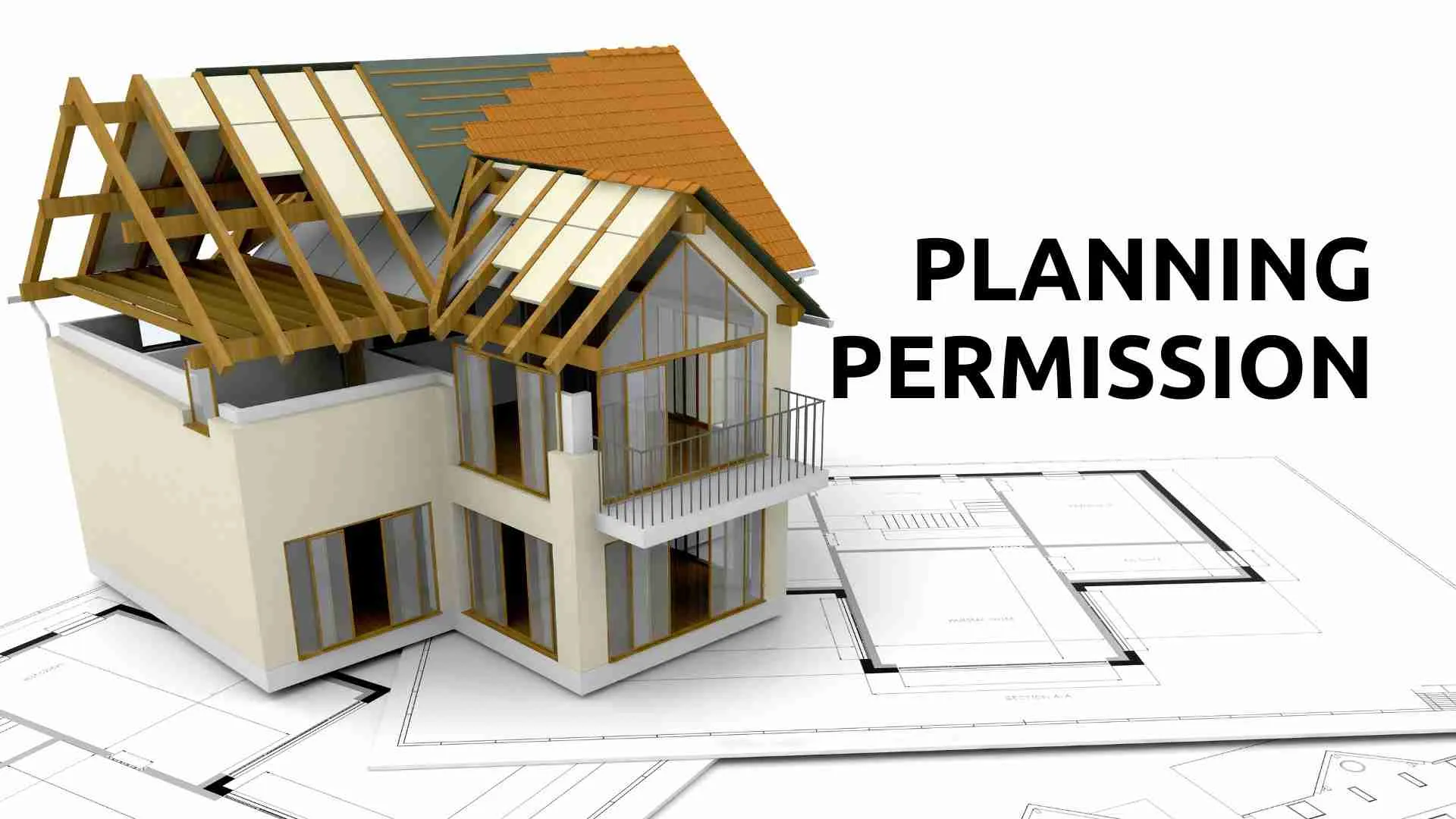Planning permission is a critical part of any property development in the UK. Whether you are extending your home, building a new property, or changing the use of a property, it’s essential to understand how long does planning permission last. Knowing this timeline can save you time, money, and frustration and ensure your project proceeds smoothly.
Typically, planning permission in the UK lasts three years from the date of approval, but this can vary depending on the type of permission and the scale of the project. In this guide, we’ll explain everything you need to know about how long does planning permission last, including starting work, extensions, and what happens if permission expires.
Understanding the Timeline: How Long Does Planning Permission Last
One of the most common questions property owners ask is: How long does planning permission last? In most cases, the permission is valid for three years. This period gives you enough time to start work, but it is essential to make a “material start” within this timeframe.
A material start doesn’t mean completing the entire project; it includes actions like laying foundations, digging trenches, or carrying out structural work that clearly demonstrates development has begun. If no work is undertaken within the three years, the planning permission will expire, and you’ll need to apply again.
Understanding this timeline is crucial because starting work late or ignoring the expiry date can result in additional costs and delays. Knowing how long does planning permission last also allows you to plan your finances and schedule efficiently.
What Constitutes “Starting Work” for Planning Permission?
When asking how long does planning permission last, it’s important to define what counts as “starting work.” A material start is required, which may include:
- Digging foundations or trenches
- Carrying out demolition or structural alterations
- Installing underground mains or pipes linked to the foundation
You do not need to complete the project immediately, but the initial work must be significant enough to show genuine progress. This is key because local planning authorities can check whether the development has started before the three-year period ends.
By clearly understanding what constitutes starting work, property owners can avoid unintentionally letting their planning permission lapse and ensure compliance with the law.
Types of Planning Permission and Their Duration

The type of planning permission you have impacts how long does planning permission last:
Full Planning Permission
Full planning permission is the most common type, covering detailed project plans. Typically, it lasts three years, and you must start work within this period. Full planning permission includes all details your local planning authority needs to approve your project.
Outline Planning Permission
Outline planning permission is usually granted for larger developments or phased projects. It allows you to gain approval for the principle of development while leaving some details for later, known as “reserved matters.” The standard timeline is three years to submit reserved matters, followed by two additional years to start construction, totaling five years.
By knowing which type of permission applies, you can plan effectively and avoid confusion about how long does planning permission last for your project.
Can Planning Permission Be Extended?
Many homeowners wonder if it is possible to extend planning permission. While extensions are occasionally granted, it is not guaranteed and depends on:
- Changes in planning policies since the initial approval
- Whether the development is still viable
- Any unforeseen delays, such as financial or logistical issues
Most permissions expire without renewal if no work has started. Therefore, staying proactive and engaging with your local planning authority is critical for understanding your options and preventing unnecessary delays.
Knowing how long does planning permission last helps you plan whether an extension is necessary or if you should start work immediately.
What Happens if Planning Permission Expires?
![How Long does Planning Permission Last? [2025 Update] - Urbanist Architecture - Small Architecture Company London](https://urbanistarchitecture.co.uk/media/pages/blog/how-long-does-planning-permission-last/7c8bf846cb-1679668560/03-how-long-does-planning-permission-last-1024x.jpg)
If planning permission expires, your right to carry out the approved development lapses. You cannot continue with the project as initially approved and must submit a new application. This can involve additional costs, a longer review period, and potentially updated planning policies that affect your project.
Failure to understand how long does planning permission last can lead to:
- Financial loss due to repeated application fees
- Project delays
- Potential design changes to comply with updated local planning policies
Being aware of expiration risks allows homeowners to avoid unnecessary setbacks.
Tips to Keep Planning Permission Active
To ensure your planning permission remains valid, consider these strategies:
- Start work promptly, even if it’s only the initial groundwork or structural preparations
- Maintain communication with your local planning authority regarding potential delays
- Ensure all pre-commencement conditions specified in your approval are met
Following these steps can prevent planning permission from lapsing and make it easier to complete your project on time. Understanding how long does planning permission last and taking proactive measures ensures a smoother development process.
Costs and Time Involved in Planning Permission
When considering how long does planning permission last, it’s also essential to account for costs and processing time.
- Processing Time: Full planning applications generally take around 8–10 weeks for approval, though complex projects may take longer.
- Costs: Fees vary depending on the project size and type. Small home extensions may cost a few hundred pounds, while larger developments could cost several thousand.
Planning ahead for both time and money ensures you start work within the required period and reduces the risk of permission expiring.
Common Questions About Planning Permission
How Long Does Planning Permission Last for a Home Extension?
Typically, three years for full planning permission. Make sure work begins within this period to avoid reapplication.
Can Planning Permission Be Renewed or Extended?
Extensions are rare and depend on local planning policies. If expired, you must submit a new application.
What Happens if Construction Delays Occur?
You only need to start work within the required timeframe. The completion can take longer, as long as the material start is completed.
Conclusion
Understanding how long does planning permission last is essential for all property owners and developers in the UK. Most planning permissions are valid for three years, while outline permissions can extend up to five years. Starting work on time, understanding the type of permission, and staying in contact with your local authority ensures your project progresses without complications.
By following the guidelines above and planning carefully, you can confidently manage your development project and avoid unexpected delays or costs. Always check your approval documentation and seek advice if needed, so how long does planning permission last is never a concern.
You may also read: Where to Use Outdoor Wall Lights Around Your Home



